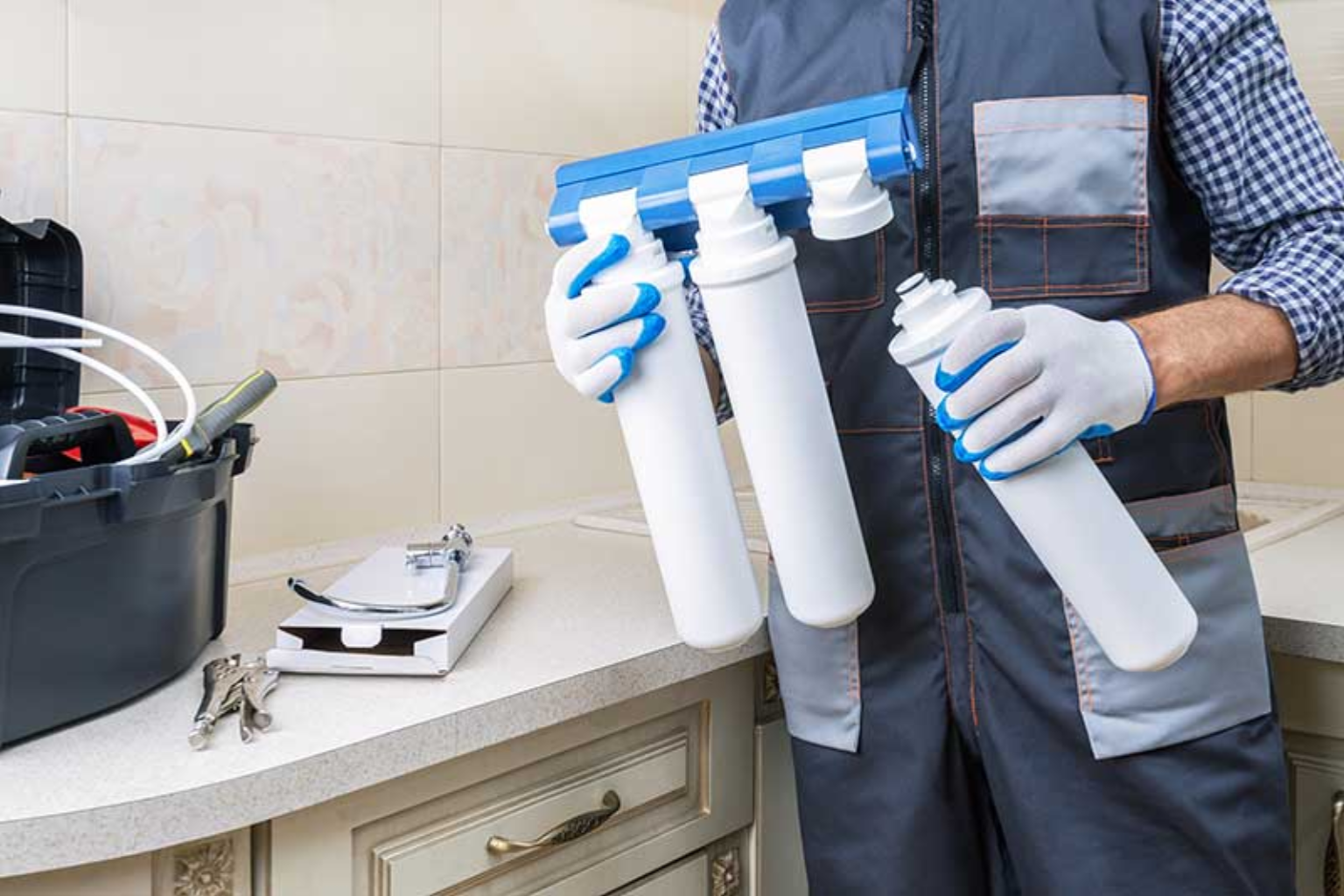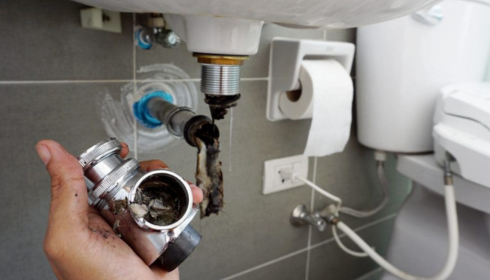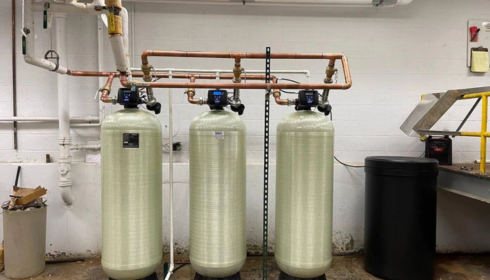I’ll admit, I didn’t think much about water until a few years ago. I’d turn on the tap, fill a glass, and that was that. But little by little, I started noticing signs that something wasn’t quite right. The shower door was always cloudy no matter how hard I scrubbed. My white shirts started looking a little dingy, and don’t even get me started on the soap scum that laughed in the face of every cleaner I tried. It wasn’t until a plumber casually mentioned that I had “pretty hard water” that I realized, oh, this isn’t just me being bad at housekeeping—this is a thing.
And if you’re nodding along right now, chances are you’ve been through something similar. Hard water sneaks up on you, and before you know it, your pipes, appliances, and patience are all paying the price. That’s where a water softener system for home comes into the picture—not as some luxury add-on, but as a quiet lifesaver hiding in the basement.
The Not-So-Glamorous Effects of Hard Water
If you’re wondering whether hard water really makes a difference, here’s the short answer: yes, it does. Minerals like calcium and magnesium build up in places you’d never expect. The inside of your kettle? Crusted. Your dishwasher? Struggling to rinse properly. Your skin after a shower? Itchy and dry, even when you swear you moisturize.
What makes hard water so tricky is that you don’t notice the damage overnight. It’s the slow, creeping kind. Your water heater, for example, could be working twice as hard as it should because of mineral buildup. That’s not just bad for the machine—it’s bad for your wallet too. Energy bills don’t exactly shrink on their own.
So, Why a Water Softener?
The simple beauty of a water softener is that it takes those minerals out of the picture. Instead of letting calcium and magnesium wreak havoc, it swaps them out (usually with sodium or potassium), leaving you with water that feels smoother, cleans better, and is gentler on everything it touches. Clothes wash brighter, soap actually lathers the way it’s supposed to, and appliances breathe a sigh of relief.
I know it sounds almost too good to be true, but that’s the thing—once you experience the difference, you can’t really un-notice it. Washing your hands or stepping out of the shower feels different. The dishes sparkle. Even your morning coffee tastes cleaner.
Finding the Right People to Set It Up
Now, here’s the catch: a water softener isn’t just something you pull off a shelf and plug in. The setup can get tricky, and it depends on the size of your household, your plumbing, and how hard your water actually is. That’s why most people start Googling phrases like water softener installation near me when they finally get fed up with soap scum or a failing washing machine.
A good installer doesn’t just hook up the system; they’ll test your water, recommend the right unit, and make sure it fits your family’s needs. It’s not about upselling; it’s about making sure you’re not left with a system that’s either too small to make a difference or unnecessarily oversized (and overpriced). Think of it as an investment you want done right the first time.
Choosing Between Options (Because There Are Quite a Few)
Of course, once you dip your toe into the water softener world, you realize there’s no shortage of choices. Salt-based systems, salt-free systems, single-tank, dual-tank—the list feels endless. And every brand swears theirs is the top contender.
If you’re overwhelmed, you’re not alone. The trick is to match the system to your lifestyle. Got a big family that burns through water like it’s going out of style? You’ll want something with a larger capacity. Living in a smaller household or just don’t like the idea of hauling salt bags every month? There are alternatives that reduce scale without the traditional resin and salt approach.
Personally, I think it helps to treat reviews and recommendations like guides rather than gospel. One person’s “absolute best” might be overkill for another’s needs. Still, having a clear understanding of your water’s hardness and your family’s habits makes it much easier to narrow down the hunt for the best water softener system that actually fits your life.
Living With Softer Water
The funny part about all this is that once you’ve had a softener running for a few weeks, you almost forget what life was like before. The towels feel fluffier, the dishes gleam, and showers leave you refreshed instead of dried out. Even small chores, like wiping down the sink, seem less of a battle.
It’s not that softer water magically transforms your home overnight—it’s more subtle than that. But that subtlety adds up. And when you catch yourself smiling because your kettle no longer looks like a science experiment, you realize it was worth it.
Final Thoughts
Water is one of those things you don’t really think about until it becomes a problem. Hard water isn’t dangerous in the sense of making you sick, but it can slowly chip away at your home and your comfort. A water softener isn’t about luxury—it’s about practicality, savings, and quality of life.
So if you’ve been quietly battling chalky residue, stiff laundry, or appliances that keep letting you down, maybe it’s time to take a closer look. You don’t need to be a plumber or a scientist to see the difference soft water makes—you just need to experience it once. And after that, there’s no going back.




